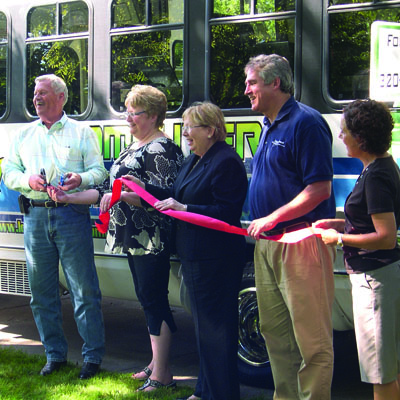The strength of each region in Minnesota depends to a great extent on the strength of every other region in the State, whether rural, urban, or somewhere in between. MADO strives to create a resilient, inclusive Minnesota and Develop MN, focusing on the vast geography outside the Twin Cities metropolitan area and identifying the areas where there is the greatest potential to aid. Learn more about the key impact areas and project examples from across the State.
You are here: Home / Impact
